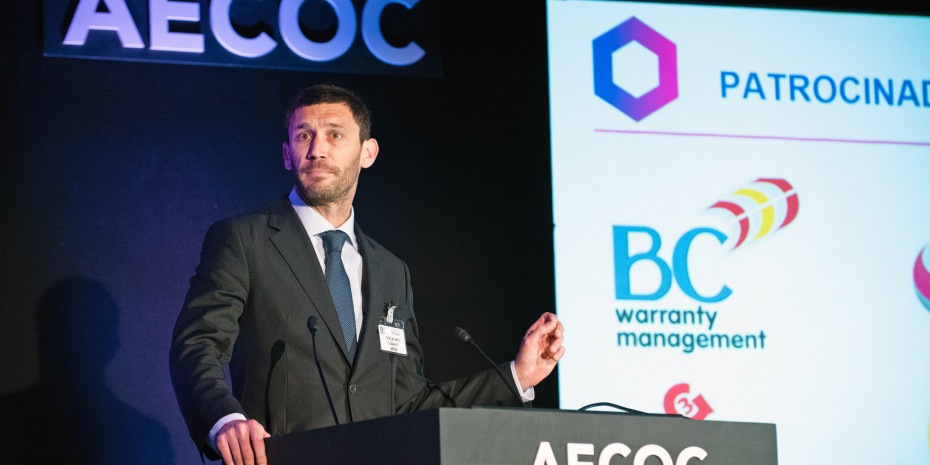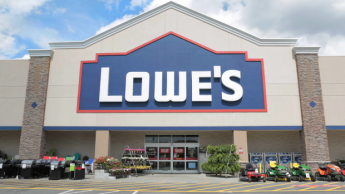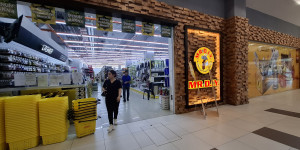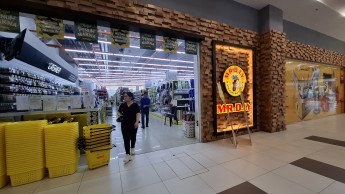But all forecasts were blown away by the onset of the health crisis. In Spain, DIY stores have been closed for just over two months and, as a result, sales fell by almost 10 per cent during the first quarter of the year. The sector was only able to stay afloat thanks to the commercial creativity shown, especially by traditional retailers, who accelerated their digital transformation process and opened up telephone and courier sales channels with excellent results.
The reality is that the Spanish DIY sector has been the most affected in all of Europe, as a result of the ironclad and long-lasting health restrictions that prevented businesses from opening and consumption from being reactivated, in contrast to what happened in the rest of the continent, where the majority of establishments were able to remain open.
So much for the bad news. The reopening of the DIY stores has been more than positive. Many distributors and manufacturers recorded extraordinary growth in May, with record figures for 2019, not at all expected at this point in the year.
On the other hand, the sector has demonstrated a high degree of responsibility by implementing measures to ensure the safety of both workers and consumers and thus minimise the risk of contagion. Some of these measures have been accompanied by high costs for companies, such as the installation of protective equipment and solidarity actions aimed at both public and private entities, but they have been undertaken diligently and without passing on the costs to the consumer.
Without doubt, the reopening has been more than positive. In fact, the great challenge now for distributors is to ensure stock in view of the high demand that is being registered. But in the coming months we must see if the pace of consumption is maintained or if we have experienced an effervescence caused by consumers' desire to return to the stores after two months of confinement.
Looking ahead, the best reference we have is what happened after the economic crisis of 2008. The DIY sector is a refuge sector, and already then, we saw how many citizens preferred to invest in the refurbishment of their homes rather than in other items or areas. It is foreseeable that this behaviour will be…

 Menü
Menü















 Newsletter
Newsletter